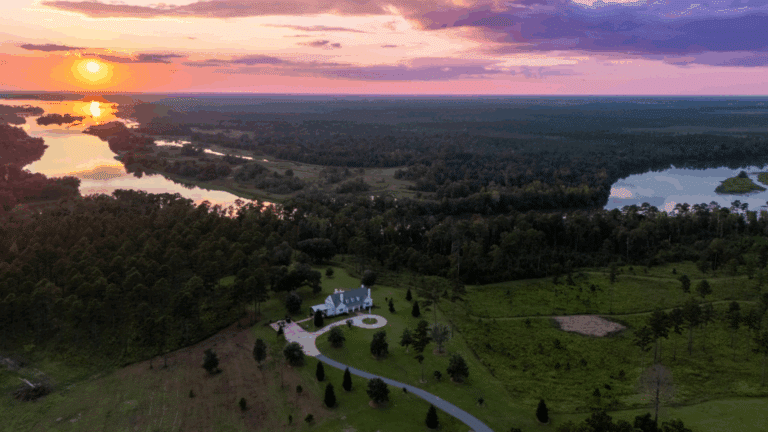In this compelling video, retired USAF pilot Mike Angarole shares his personal experience of surviving a bird strike in an F-15 fighter jet. He takes us through the intense moments of the incident in March 1983, as he and his fellow pilot flew at low altitude, going at speeds of 450-500 mph. Mike describes feeling an implosion that pushed him back into his seat, and how he had to make split-second decisions to save his life. He talks about the dangers of ejecting at high speeds and the challenges of flying with a damaged aircraft. The video offers a thrilling insight into the life of a fighter pilot, their training, and the split-second decision-making that can make all the difference between life and death.
The F-15 Eagle is one of the most iconic fighter jets in the history of aviation. Known for its incredible speed, maneuverability, and firepower, the F-15 has been a cornerstone of the United States Air Force’s arsenal since the 1970s. The F-15 was designed with speed and maneuverability in mind. It has a top speed of over Mach 2.5 (more than twice the speed of sound) and can climb to an altitude of over 65,000 feet. Its airframe is designed for maximum agility, with a large wing area and a high thrust-to-weight ratio. The F-15 is also armed with a formidable array of weapons, including missiles and a 20mm cannon.
One of the F-15’s most impressive achievements came during the Gulf War, when it was used to destroy over 30 Iraqi aircraft without suffering a single loss. This remarkable record is a testament to the F-15’s capabilities and the skill of its pilots. One of the key features of the F-15 is its ability to engage multiple targets at once. Its radar system can track up to 24 targets simultaneously, and its weapons systems allow it to engage several targets at once. This makes the F-15 a formidable opponent in air-to-air combat.
The F-15 is a testament to the ingenuity and skill of the engineers and pilots who developed and operate it, and it will undoubtedly continue to play a vital role in the defense of the United States for many years to come.






